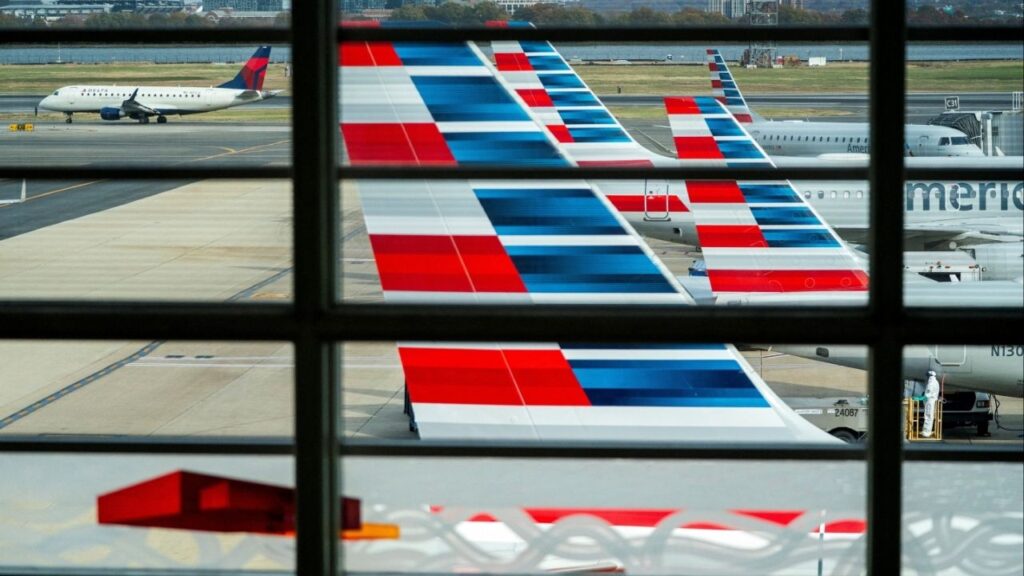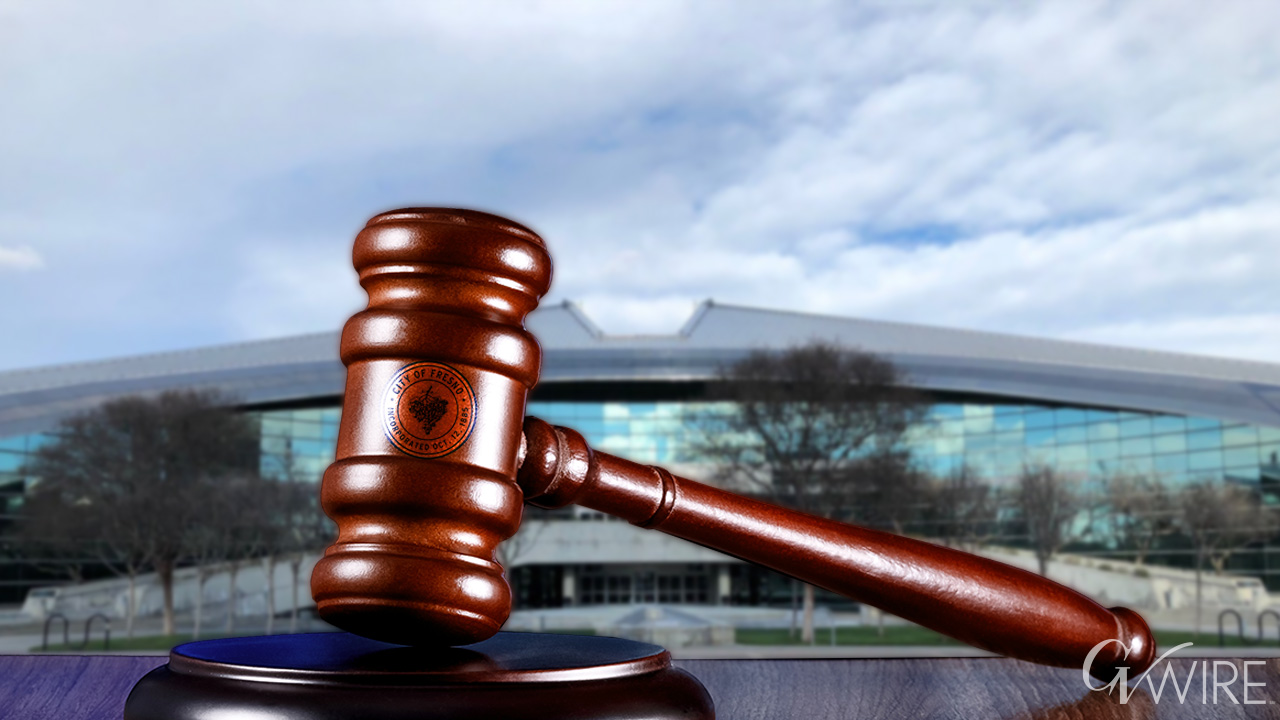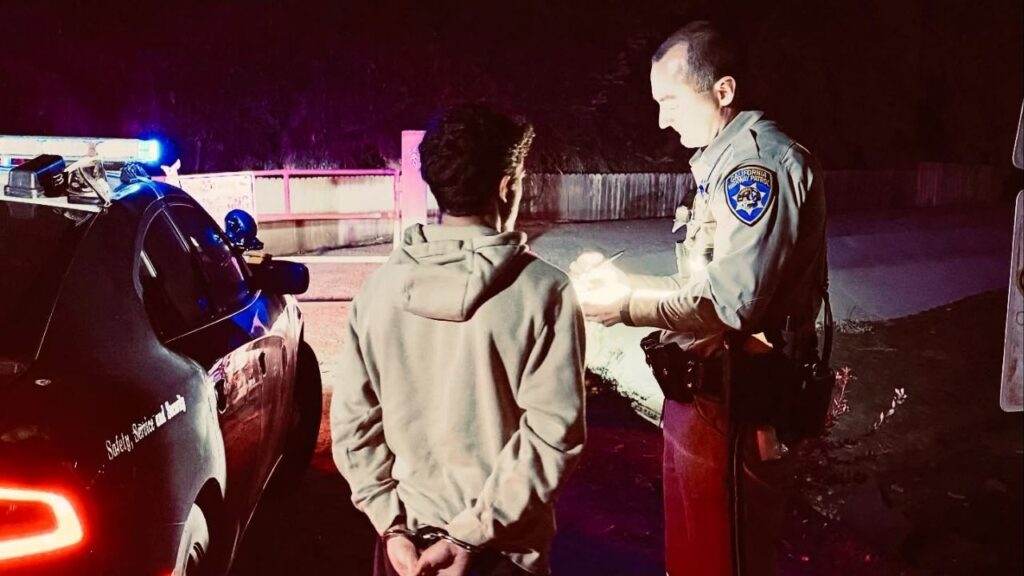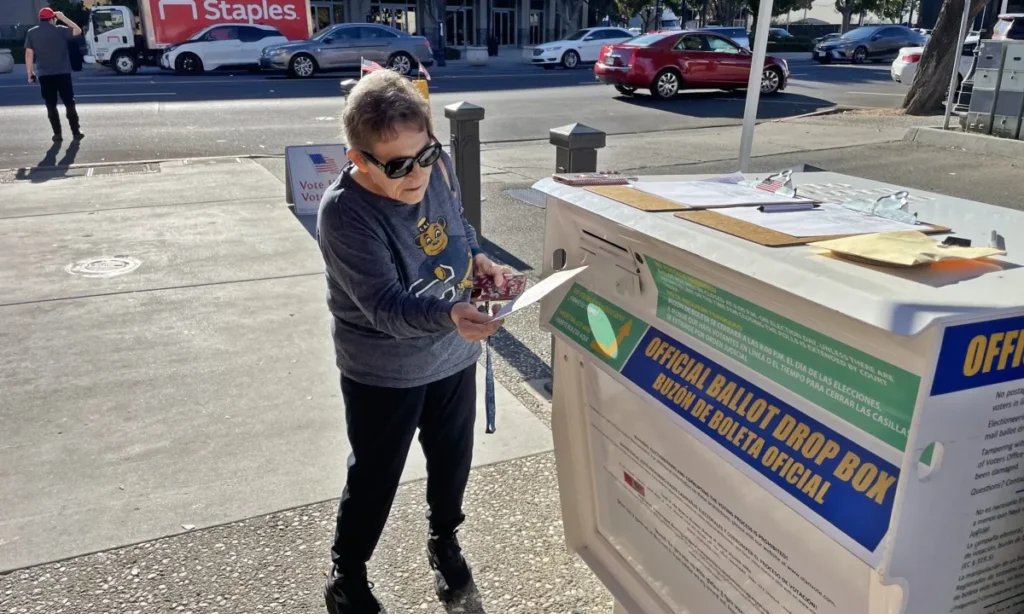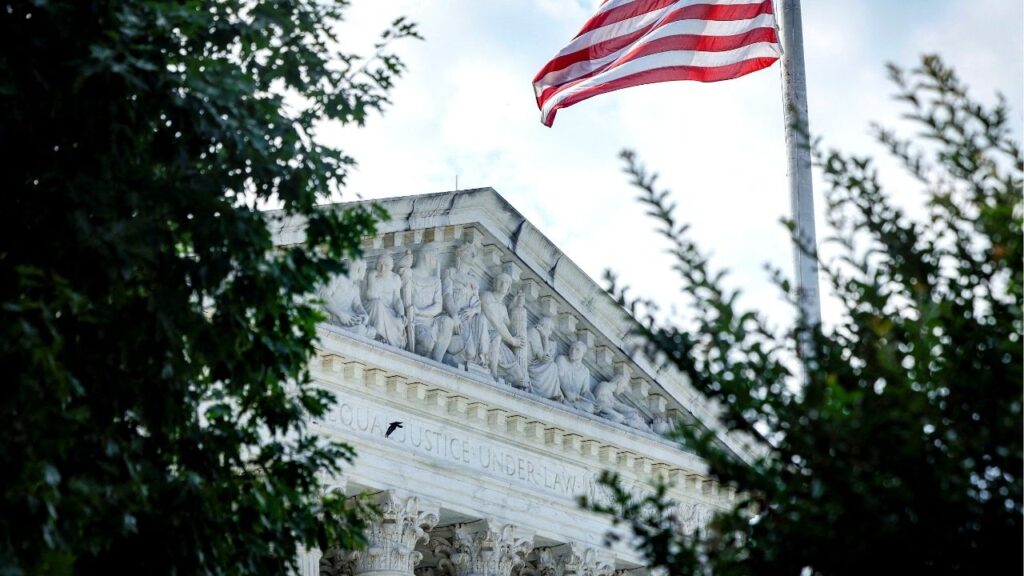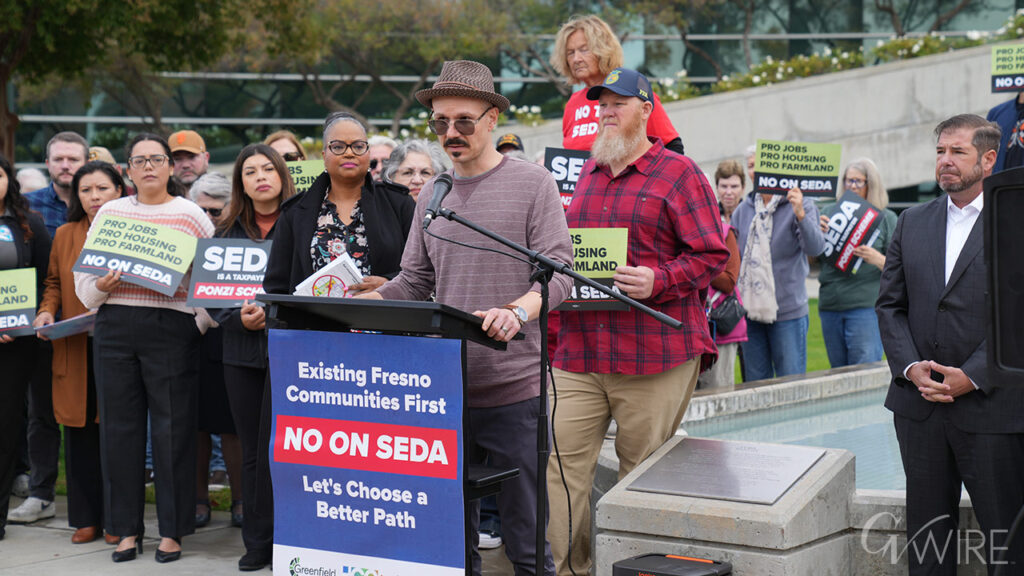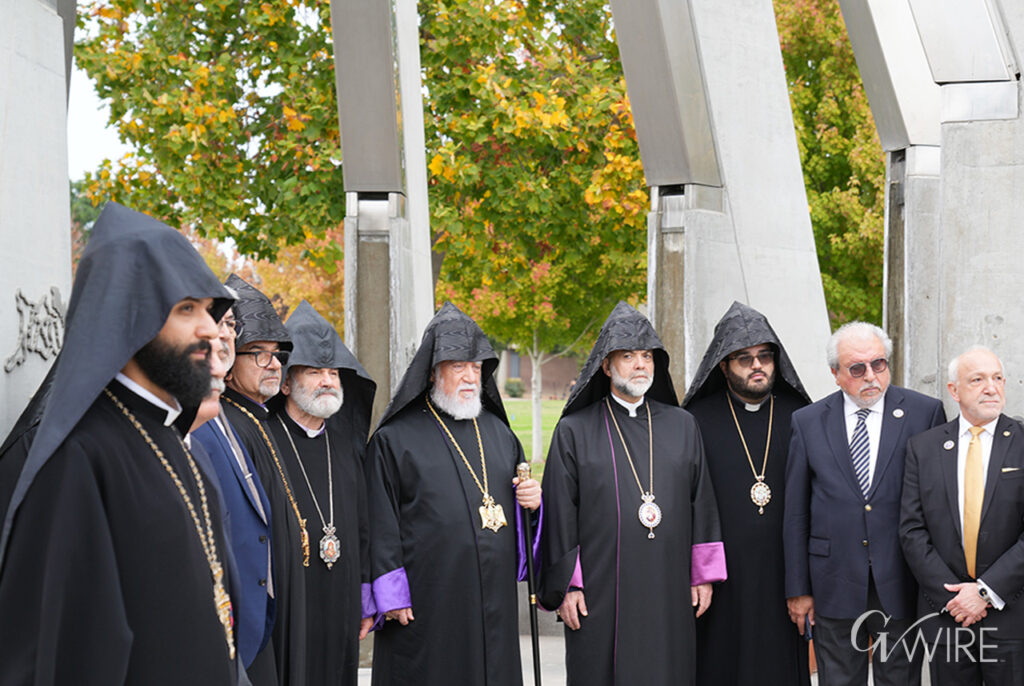The city of Fresno faces a lawsuit over the time period when candidates can raise campaign funds. (GV Wire Composite/Paul Marshall)

- A group of former candidates is suing Fresno over the time period when candidates can raise campaign funds.
- The city still has time limits in the charter.
- However, the city is interpreting case law that any time limit is unconstitutional.
Share
|
Getting your Trinity Audio player ready...
|
A group of former Fresno candidates are challenging an interpretation of a city law on when candidates can raise funds.

“The lawsuit is completely meritless. The Fresno City Charter has zero bearing on county supervisor races.” — City of Fresno Attorney Andrew Janz
A court filing Oct. 4 from a group called Fresnans Interested in Fair Elections is asking for a judge to enforce what is on the city books.
The group, in court papers, describes itself as candidates for city elected office in the March 2024 primary. Dion Bourdase, a candidate for Fresno County supervisor in the primary, is the only named plaintiff in the filing.
Attorney Jared Gordon said the city’s lack of enforcing a time limit described in the city charter harmed his clients because incumbents had “an unfair fundraising advantage.”
“The incumbent could use his office to encourage campaign contributions to his campaign committee prior to officially running for reelection, in exchange for actually or appearing to support the preferred positions of his campaign contributors,” the filing said.
Filing Points to Bredefeld, Chavez
The filing specifically mentions city councilmembers Garry Bredefeld and Luis Chavez — both running for separate supervisor seats. Both men transferred money from their city council candidate account to their county run. And, both successfully fought off a separate lawsuit from the county for the right to transfer the money.
The lawsuit does not challenge caps on how much money can be raised from an individual contributor — currently at $5,500 per election. Nor is the lawsuit directly asking for any candidate who raised funds during a “dark” period to return the contribution.
“I think that we should enforce the charter, which is effectively the constitution of the city of Fresno, at any time. And it’s never too late to get the law right,” Gordon said.
Fresno City Attorney Andrew Janz responded, debunking the lawsuit’s legal theory.
“The lawsuit is completely meritless. The Fresno City Charter has zero bearing on county supervisor races. It also appears they are raising issues already litigated in the county’s recent failed attempt to prevent campaign transfers by nonincumbents,” Janz told GV Wire.
A court date has not been set.
What the City Charter Says
The city charter limits the time when city candidates can raise funds — between the start of the filing period, and the end of the year when an election is held.
Voters passed the restrictions in 1993, in the wake of Operation Re-Zone — a pay-to-play scandal that involved the Fresno City Council.
But the city has not enforced the law since 2018, when then-City Attorney Douglas Sloan interpreted a federal case from Texas meaning that any time limit would be unconstitutional.
The city council voted to change its municipal code to not enforce the time limit, based on Sloan’s recommendation. However, voters rejected a November 2018 ballot item to clean up the charter’s language, losing by 1,220 votes.
In a 2023 election question-and-answer document, Janz said the city charter provision would not be enforced because of the 2018 federal case, Zimmerman v. City of Austin.
“Time limits are unconstitutional and violate free speech under the First Amendment,” Janz told GV Wire.

“It wasn’t an issue that I thought about when I was running (for Fresno City Council.) … But, you know, if I thought about this issue, maybe I would have done something differently.” — Attorney Jared Gordon
The Zimmerman case came from the federal Fifth Circuit Court of Appeals. California falls within the Ninth Circuit. That means Zimmerman may not be the controlling case on this matter because it is not in the Ninth Circuit.
“However, in light of the holding in Zimmerman the city’s temporal provision of Charter Section 309 will not be enforced unless and until a court having jurisdiction over the city holds to the contrary or the Zimmerman holding is reversed or overruled,” Janz wrote.
Gordon argues that a federal case in the 9th Circuit — Thalheimer v. City of San Diego — allows for time restrictions.
In 2019, Gordon ran in a special election for a vacant city council seat, eventually won by Mike Karbassi.
“It wasn’t an issue that I thought about when I was running,” Gordon said. “It wouldn’t have made a difference in my particular race regardless. But, you know, if I thought about this issue, maybe I would have done something differently.”
The last known time the time limit issue came up was 2017 when then-candidate Nelson Esparza transferred funds from his elected county board of education position into a city account. Esparza paid a fine. He won election in 2018 and re-election in 2022.
RELATED TOPICS:
Categories

Tornado in Southern Brazil Kills Six, Injures Hundreds
